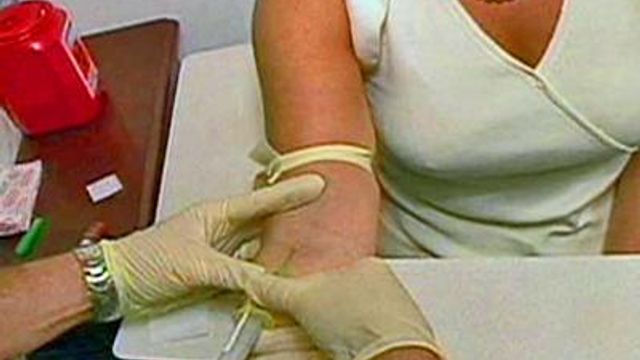New blood test better predicts heart-disease risk
A new blood test, developed by a Raleigh company, can more accurately predict a patient's risk of heart disease than normal cholesterol tests.
Posted — UpdatedCholesterol tests are the standard method to identify risk, but half of all people who have heart attacks had normal cholesterol.
The American Diabetes Association and the American College of Cardiology support a new type of blood test that they say more accurately measures risk.
The NMR Lipoprofile uses nuclear magnetic resonance to count LDL – or low-density lipoprotein particles – which carry cholesterol throughout the body via the blood stream.
"It's the LDL particle number that is the driving force for the coronary artery and cerebral vascular disease and the cause of stroke and heart attack," cardiologist Dr. Seth Baum said.
The most commonly-used blood test, called a lipid panel, measure the amount of cholesterol carried by LDL particles. However, research shows it is the number of lipoprotein particles – not the amount of cholesterol – present in the blood that leads to plaque build-up on artery walls.
"By upgrading their lipid tests to the NMR Lipoprofile, doctors are in a much better position to identify their patients' risk," Baum said.
Doctors can then prescribe ways to manage the risk, including statin therapy or combination therapy. The new test will most benefit patients with risk factors for heart disease, such as obesity, insulin resistance or high blood pressure, Baum said.
The NMR Lipoprofile was developed by LipoScience, which has its headquarters in Raleigh.
• Credits
Copyright 2024 by Capitol Broadcasting Company. All rights reserved. This material may not be published, broadcast, rewritten or redistributed.





